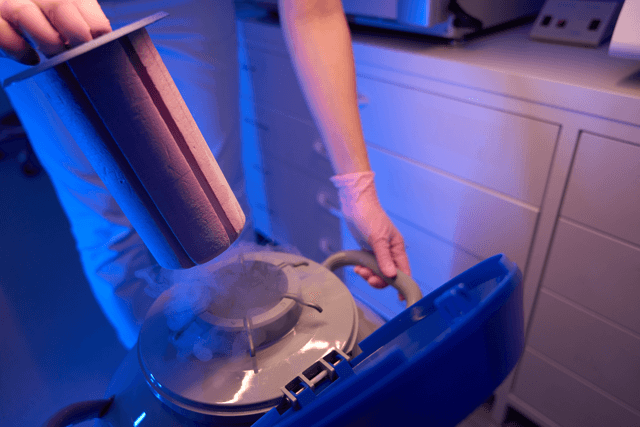In an age when there are 5.27 billion mobile phone users, 4.612 billion people on social media, and over 60% of the world’s population uses the internet, does a Will need to be written on paper?
A “formal will” needs to be in writing and signed by the testator in the presence of two witnesses to be valid (see section 6 of the Succession Act 2006 (NSW)).
However, over the years, the Courts have admitted to Probate wills that have been written on bedroom walls, chests of drawers and surfaces, with some signatures written in blood.
What about a digital will? Can an “online will” be admitted to Probate as an informal testamentary document? (Probate is the Court’s formal document recognising a Will as valid).
Yes, in some cases, it can.
Section 8 of the Succession Act 2006 (NSW) allows the Court to make an order that a document, which has not been executed properly, but states the testamentary intentions of the deceased, is a Will of a deceased person. This means that informal documents which have not been signed or witnessed in accordance with the formal requirements of the Succession Act 2006 (NSW), can be admitted into Probate.
In order to exercise its power to dispense with the formal requirements of a Will, the Court must be satisfied that the deceased intended for this document to be his or her Will. In making a decision under section 8(2) of the Succession Act 2006 (NSW), the Court may consider the following:
a. the document itself;
b. any evidence regarding how the document was executed; and
c. any statements made by the deceased or evidence of the deceased’s testamentary intentions.
Most recently, in the case of Application by Maggie Riman (Estate of Rita Riman) [2022] NSWSC 872 (1 July 2022), the Court admitted into Probate an “online Will” written on an online will writing platform called Safe Will Pty Ltd (“Safewill”).
In this case, the deceased completed an online will questionnaire and paid for the online Will. However, there were practical difficulties in that:-
1. the deceased was unable to sign the Will and send it to Safewill; and
2. there were no available attesting witnesses.
After paying for the online Will, the deceased sent her solicitor an email which included a link to what she believed was the online Will. The deceased committed suicide on the same day that she completed the Safewill questionnaire.
Safewill was notified of the deceased’s death and for that reason, they did not proceed to generate a Will for the deceased.
In this case, the evidence reveals that the deceased made written statements about the online Will.
His Honour Hallen J was satisfied that the deceased had capacity to make the online Will and it was intended by the deceased to operate as her Will.
However, while His Honour Hallen J acknowledged that “digital communication has become an essential part of the social and economic fabric of society”, his Honour noted that each application is to be determined on its own facts. His Honour went further to state that if it were not for the written statements made by the deceased about the online Will, the application may not have succeeded.
If you have a query regarding an informal testamentary document or an estate dispute, please contact our experienced team of lawyers on (02) 9101 7000. We are able to advise you regarding the steps required to admit an informal document into Probate.
by Maree Harris
More on Wills



